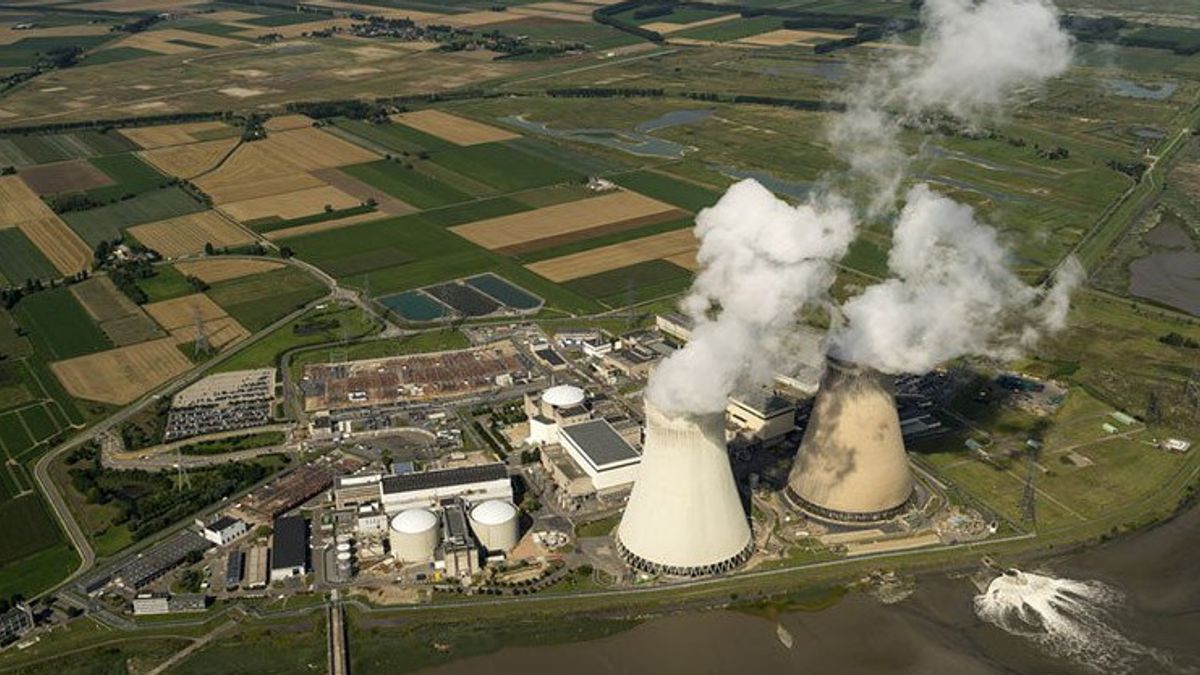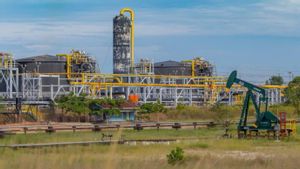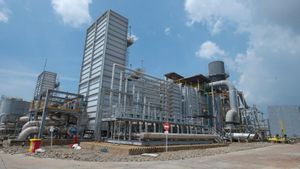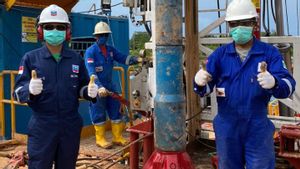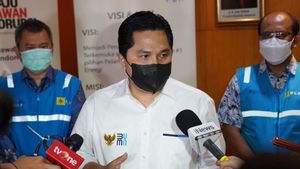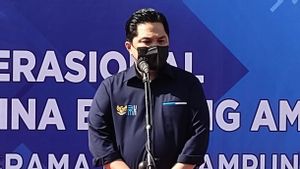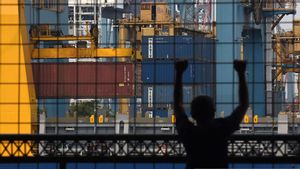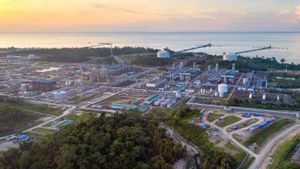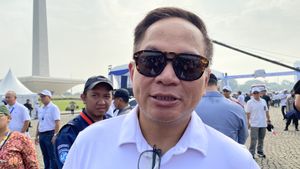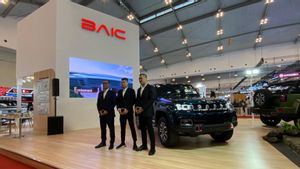JAKARTA - Minister of Energy and Mineral Resources (ESDM) Arifin Tasrif said that currently developing global energy policy is the transition from fossil energy to new and renewable energy (EBT) because EBT has minimal emissions and is environmentally friendly. This energy shift is also in line with Indonesia's commitment to addressing issues related to energy access, smart and clean technology, and financing in the energy sector.
For this reason, Arifin said that Indonesia had prepared a roadmap or roadmap for the energy transition to net zero-emission (NZE) for the period 2021 to 2060. One of them is by replacing fossil energy with nuclear.
"One of the main strategies that will be carried out includes the option of using nuclear which is planned to start in 2045, with a capacity of up to 35 Gigawatts (GW) in 2060," he said in a webinar, Thursday, October 21.
Arifin said that another strategy in the energy transition roadmap is the massive development of new renewable energy and efforts to retire fossil power plants which are carried out in stages according to the age of the plant.
"Or even (retirement) faster with the right mechanism," he said.
In addition, Arifin said that the government will also try to optimize the use of energy storage, such as battery energy storage systems and so on, gradually starting in 2031.
SEE ALSO:
Arifin said this was in line with other efforts in the form of increasing network reliability by building connectivity within and between islands, as well as developing smart grid and smart meter implementations.
"Transformation through the substitution of energy use through the intensification of electric stoves and the construction of the Household Gas Network," he said.
Not only that, said Arifin in the roadmap, but the government also encourages the use of electric vehicles.
"With the target to stop selling conventional motorcycles in 2040 and conventional cars in 2050, as well as providing more massive public transportation," he explained.
The English, Chinese, Japanese, Arabic, and French versions are automatically generated by the AI. So there may still be inaccuracies in translating, please always see Indonesian as our main language. (system supported by DigitalSiber.id)
